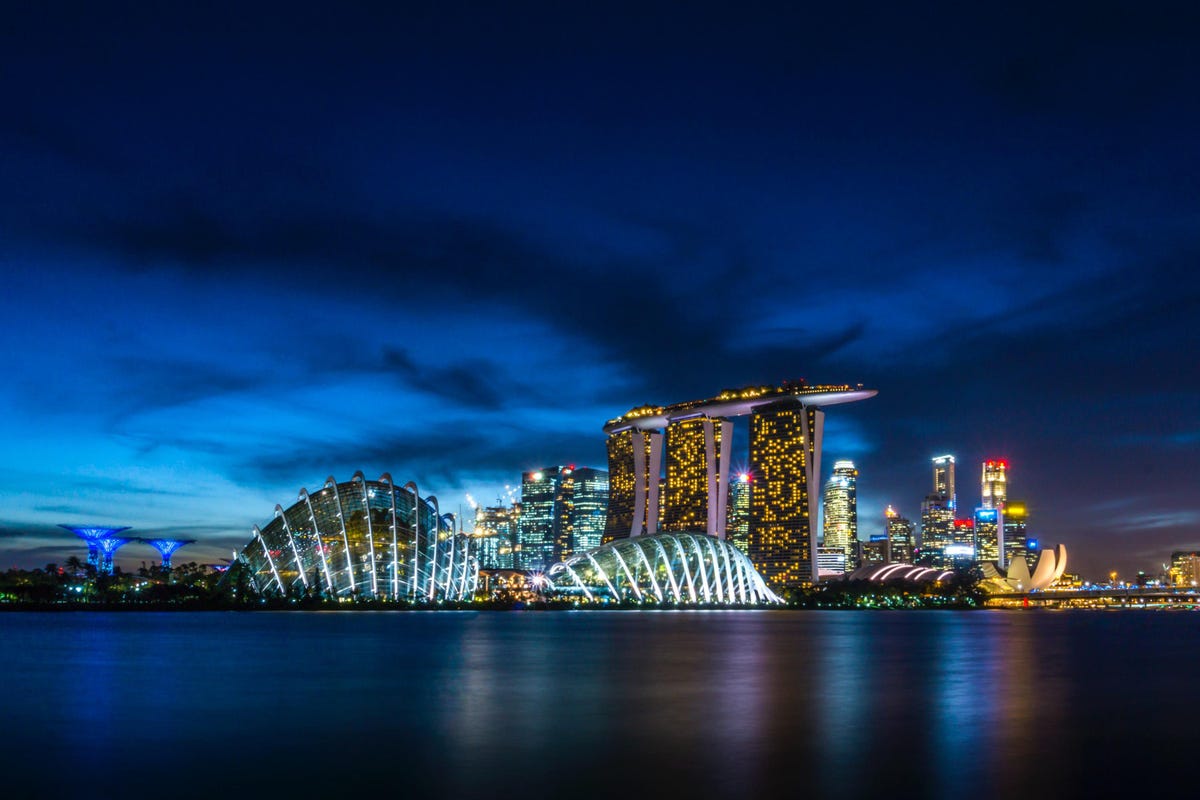When we established Circulate Capital four years ago, we knew we wanted to be based in Southeast Asia where there was (and still is) an enormous opportunity to invest in and scale companies that are developing crucial solutions to solve the plastic waste crisis. So why Singapore? For those who read this column, you’ll know that I’ve recently spent some time reflecting on how far we’ve come in four years and how much further we still have to go to achieve our ambitions. And one of the things I’ve realized is that where you decide to set up your fund can really impact your ultimate success.
We found three things here in Singapore that have helped us to grow:
● A supportive ecosystem;
● A community of people willing to raise the standards of our sector; and
● A gateway to both the world’s capital and those who need it.
Look for an impact ecosystem to support your business
When we set out to launch the fund, much of what we were doing felt like breaking new ground. This can be both a blessing and a curse. As the first investment fund dedicated to fighting ocean plastic pollution, we were laser focused, singularly driven in our mission and had few peers to benchmark against.
But a sector as nascent as ours requires a supportive ecosystem that encourages engagement and advocacy to gain mainstream traction.
In Singapore this has been driven, in no small part, by Temasek. The Singaporean state-owned investment company has played a central role in developing the narrative that there does not need to be a trade-off between impact and financial returns.
One of the company’s first forays into impact investing a few years ago via ABC World Asia has now evolved to include Ecosperity, a platform that encourages debate, discussion and shared practices with leaders across private and public sectors, academia and civil society.
Now a member of the G7 Impact Taskforce, Temasek will play a role in facilitating discussions and recommendations around impact transparency and integrity.
At the same time, the Monetary Authority of Singapore (MAS) has set ambitious green finance goals and is seeking to leverage Singapore’s status as a hub for philanthropy to engage family offices on the urgency of climate change and the role they can play to catalyze private sector funding. Leading family offices like North-East Family Office (NEFO) and Rumah Group have made a home in Singapore, and scaled their impact globally with funds targeting ocean protection and sustainable food systems.
Other forward-thinking entities such as the Asian Venture Philanthropy Network (AVPN) have also developed collaborative platforms to enable like-minded investors to unlock capital for impact.
Look to situate your fund in an area with a rich talent pool
Another key component is accessing the right talent. Navigating the skills needed in this rapidly changing environment is not an easy task and we continue to be challenged by the war for ESG and impact talent.
However, our journey to build a diverse team that is attuned to regional needs has benefited from the Singapore government’s efforts to develop a healthy talent pipeline in this space. The Sustainable and Green Finance Institute (SGFIN) at the National University of Singapore, established in 2021 to drive research and education in green finance, is a successful example supported by the MAS.
The need to advance impact investing knowledge is also spawning communities of practice. Last year, we welcomed the launch of the Centre for Impact Investing and Practices (CIIP) which focuses on building knowledge assets, enhancing capabilities and championing credible industry standards to accelerate the adoption of impact investing in Asia and beyond.
A place to connect capital to emerging market innovators
When we were looking at where to deploy capital to create the greatest impact, Asia was an obvious choice. The region has quickly become an engine of global growth in recent years, but it is also highly vulnerable to the impacts of climate change and plastic pollution.
Singapore was a crucial meeting point. Conveniently located at the heart of Asia and closely connected to these high-growth markets, it’s also a hub for global corporations that have an essential role to play in scaling solutions to the plastic and climate change crises. As strategic investors, they’re not just providing financial support, they’re lending technical and business expertise and connections to supply chains to help local SMEs become world-class operations that can compete on a global stage.
Singapore’s regional hub positioning has been instrumental in supporting our mission to forge ties between local innovators and MNCs who have the capital, expertise and scale to support them. Over the past four years, we have been encouraged to see the number of impact funds growing – both within the circular economy ecosystem and broader social and environmental impact areas.
When I first moved to Singapore, you could count on one hand the number of impact funds to collaborate with. Now, I’m a part of multiple chat groups of impact investing practitioners actively sharing deals and opportunities in the region.
In short, we’re in very good company. So for those establishing a fund, I encourage you to consider that where you plant your roots may have more impact than you realize.
Read the full article here


